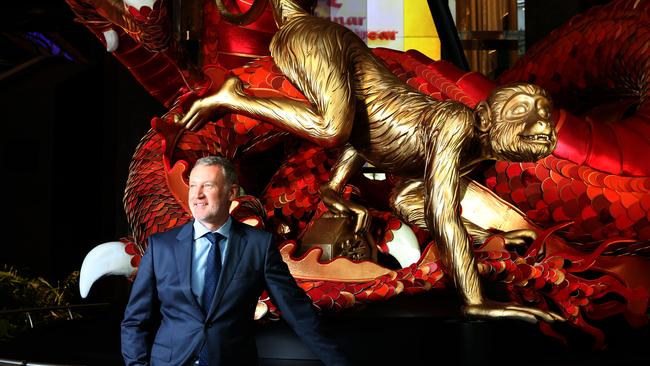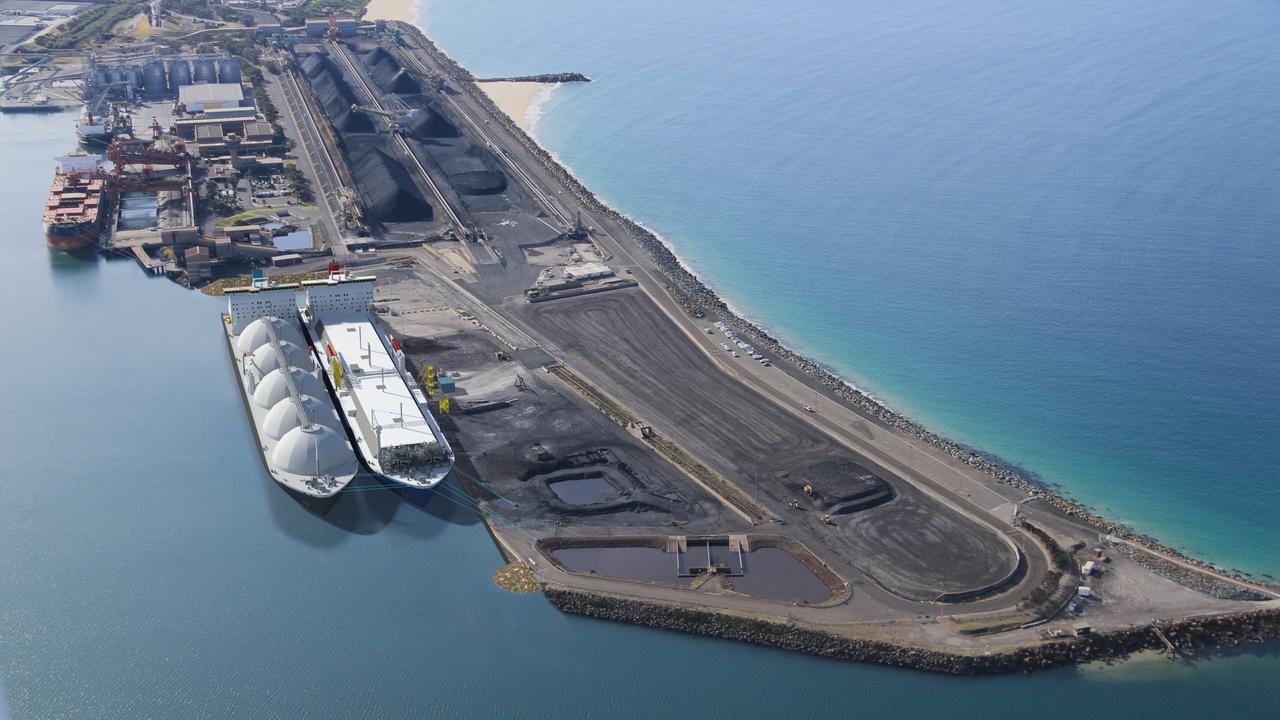Star’s errors in calculating international gaming duty costs NSW taxpayers millions of dollars, inquiry hears
Star potentially underpaid millions of dollars in taxes, while its NSW casino boss conceded its controversial use of a Chinese debit card was a ‘sham’.

Star Entertainment botched its own procedures to allow gamblers to stay on international rebate programs, resulting in millions of dollars in taxes not being paid to the NSW government, an inquiry has heard.
And Star’s chief casino officer for NSW Greg Hawkins, said he was “not clear” that the state’s gaming regulator was notified of the error.
Mr Hawkins also conceded Star disguising almost $1bn of gambling transactions as hotel charges to dodge a Beijing ban on using China Union Pay cards to buy casino chips, and mislead NAB, was a “sham” and he should have “called it out”, given his role as Star Sydney’s managing director.
“On reflection we should not have allowed it, so I accept that,” said Mr Hawkins, who is considered a “close associate” on Star’s NSW casino licence.
Mr Hawkins evidence comes in the same week chief financial officer Harry Theodore and former chief executive Matt Bekier, who resigned last month, are scheduled to appear at the royal commission-style inquiry.
Duty for international rebate gamblers is set at 10 per cent tax rate versus 27.5 per cent for domestic players. In regard to one player, who was allowed to stay on the program, the tax difference was $2.1m compared with a local gambler.
The inquiry heard that Star’s international business, previously described as “out of control” was deliberately targeting local players, including exclusive Diamond Club members, and converting them to the low-tax rebate programs.
Star Entertainment applies a range of measures to check if players are eligible for the international program, including their visa status, whether they hold an international passport and crucially, if they have spent more than 183 days in Australia during a 12-month period.
Despite obtaining legal advice that banned Star from deducting the days its Pyrmont casino was closed in 2020 from the 183-day criteria, MrHawkins said the Covid lockdowns influenced his decision to allow gamblers to continue to play on the lower tax rate program.
“A number of these customers did not have the ability to leave the country by nature of the borders being closed,” Mr Hawkins said.
But he conceded Star did not follow its own processes, particularly when assessing 14 players flagged by the NSW gaming regulator.
The first part of this process, called part A, involved checking if the player held a non- Australian passport or was on a tourist visa. But that step was missing from five of the 14 patrons, while not signed for a further 2.
He said he was “not clear” if Star notified the regulator, saying he relayed the information to the company’s group general counsel Andrew Power.
In another list of 25 players, Star highlighted “adjusted days”, which deducted the number of days the Pyrmont casino was closed in 2020 from the criteria that a player spend no more than 183 days in Australia to remain eligible for the international rebate program.
Of these players, 12 breached that criteria, resulting in the casino generating $14m from their play after they had overstayed. If still classified as international players, this resulted in a tax difference of $2.5m, compared with that applied to local gamblers.
“The SOP (standard operating procedure)...spoke to words ‘generally 183 days’, and I used that as a guide to assess those 12 Customers who had been impacted during Covid to form a view on their eligibility,” Mr Hawkins said.
“In addition to that, I did direct that all of those players were taken off rebate status.”
But Mr Hawkins said no adjustments to duty payments were made, which he concedes should have been done.
“The adjustment … was approximately $2.5m. In the scheme of the total gaming tax we pay, which is approximately $350m to $400m a year, I could have taken a low risk approach,” he said.
Mr Hawkins also allowed a patron to stay on the international program, despite not sighting exit documents from Australia. He agreed with Ms Sharp that he made a mistake.
“And let‘s have a look at what implication there was for this mistake … there’s a $2.1 million difference in the duty payable depending upon whether … (the patron) is an international rebate player or a local player,” Ms Sharp said.
Mr Hawkins said the Star was improving its processes to ensure it complied with its tax and other obligations.
“We would accept that our processes in this space need improvement. And by nature of that we… allocated a substantial amount of money to implement a digitised approach which is an online workflow, which now manages the rebate eligibility criteria.
Mr Hawkins rejected accusations the Star was seeking to dodge tax to boost its earnings via the international program, saying local players generated higher margins. But he said the international team had targeted domestic players, including Diamond Club members, which was unacceptable and created tension within the business.
“Even though the duty was lower, the incremental cost of the rebate that had to be provided to the rebate player significantly outweighed the saving on the tax.
“(the rebate) is typically a percentage of the win rate on the game of baccarat. 1.35 per cent is the house edge on that game, and typically rebates in our … premium areas can be up to 1 per cent of that entire amount. So it’s a very, very significant proportion.”
Meanwhile, Austrac signed a memorandum of understanding with the Victorian Gambling and Casino Control Commission on Wednesday to share information to “protect the community by strengthening the gambling sector against criminal abuse”.







To join the conversation, please log in. Don't have an account? Register
Join the conversation, you are commenting as Logout